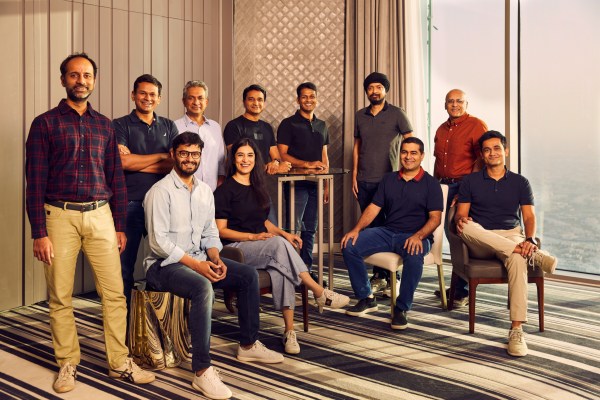Peak XV is creating an “evergreen” fund bankrolled by its investment partners and extended team, according to an internal memo and a source familiar with the matter. The venture firm seeks to become a significant LP in the firm’s future vehicles and to explore investment in different asset classes.
The most influential venture investor in India and Southeast Asia revealed the news to its limited partners at its annual general meeting in New Delhi this week. With the “perpetual” fund, Peak XV aims to bring “a culture of high accountability and alignment with LPs” and “differentiated” capability to grow as an institution, according to an LP source familiar with the matter and internal memo obtained by TechCrunch.
Peak XV, the venture firm formerly known as the India and Southeast Asia arm of Sequoia, didn’t disclose the size of the new fund. More than a hundred of its limited partners are in New Delhi this week to engage with the venture firm.
The new fund, called Peak XV Anchor Fund, will be funded by an internal balance sheet, the source said, requesting anonymity as the matter is private. The fund will enable Peak XV to “create a global network for learning and collaboration,” the venture firm said, according to the LP source.
The fund will enable Peak XV Partners to have more skin in the game with its own fund and to explore investment in newer areas, the source said. TechCrunch couldn’t identify those newer areas. With Peak XV Anchor Fund, the venture firm plans to partner with other “managers across regions, strategies and sectors.”
Peak XV didn’t immediately respond to a request for comment.
Peak XV Anchor Fund is the investor group’s latest in a series of major bets in India and Southeast Asia, where it manages over $9 billion in AUM (assets under management). The $2.85 billion fund, which during its separation with Sequoia had $2.5 billion dry powder for the region, was also early in launching an early-stage focused program called Surge that has made Y Combinator far less exciting for startups from India and Southeast Asia.
